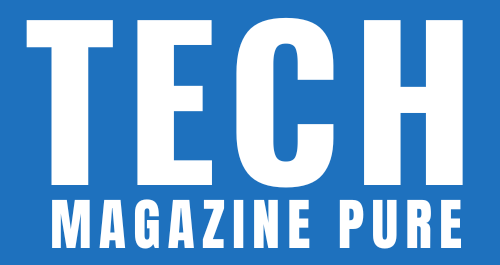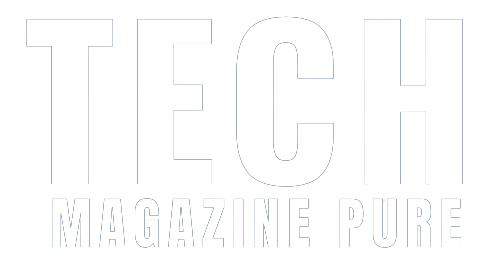When it comes to creating a website, there are two essential components that beginners often find confusing: web hosting and domain. Both are crucial elements in establishing an online presence, but understanding their differences and how they work together is essential. Web hosting refers to the service that allows individuals or organizations to make their website accessible on the internet. On the other hand, a domain is the unique address that visitors can use to access a website. In this article, we will unravel the basics of web hosting vs domain, providing beginners with a clear understanding of how these two components work together to bring a website to life.
Web Hosting vs Domain Unraveling the Basics for Beginners
In today’s digital age, having an online presence is crucial for businesses and individuals alike. Whether you are planning to start a blog, launch an e-commerce store, or create a website for your small business, understanding the basics of web hosting and domain is essential. In this article, we will unravel the differences between web hosting and domain, helping beginners make informed decisions and kick-start their online journey.
Let’s start with the domain. Simply put, a domain is the unique address that people type into their web browsers to access a website. It is similar to a physical address for a brick-and-mortar store. For example, “www.example.com” is a domain name. Domains are used to identify and locate websites on the internet. They can be purchased from domain registrars, which are companies accredited to manage and sell domain names. When selecting a domain name, it is important to choose one that is memorable, relevant, and reflects the purpose of the website.
Now, let’s move on to web hosting. Web hosting is the service that allows individuals and businesses to make their websites accessible on the internet. It involves storing website files and data on servers, which are powerful computers designed to handle website traffic and data requests. When someone types a domain name into their web browser, the browser sends a request to the hosting server, which then delivers the website files to the user’s device.
Web hosting services come in various types, including shared hosting, virtual private servers (VPS), dedicated hosting, and cloud hosting. Shared hosting is the most common and affordable option, where multiple websites are hosted on a single server. VPS hosting offers more resources and control, as it divides a server into virtual compartments, while dedicated hosting provides an entire server for a single website. Cloud hosting uses multiple servers to host websites, enhancing reliability and scalability.
When starting your online journey, it is essential to choose a reliable web hosting provider. Factors to consider include uptime guarantees, customer support, server speed, security features, and pricing. Comparing different hosting providers and reading customer reviews can help you make an informed decision.
Now that we have unraveled the basics of web hosting and domain, it is important to understand how they work together. Once you have purchased a domain and subscribed to a web hosting service, you need to connect the two. This is done by updating the domain’s DNS (Domain Name System) settings to point to the web hosting server. The DNS settings act as a bridge between the domain and the hosting server, ensuring that when someone types the domain name, they are directed to the correct server where the website is hosted.
Web hosting and domain are two key components of establishing an online presence. While the domain is the unique address that people use to access a website, web hosting is the service that allows the website to be accessible on the internet. Choosing a reliable web hosting provider and a memorable domain name are crucial steps in building a successful online presence. Understanding the basics of web hosting and domain will empower beginners to make informed decisions and embark on their online journey with confidence.


